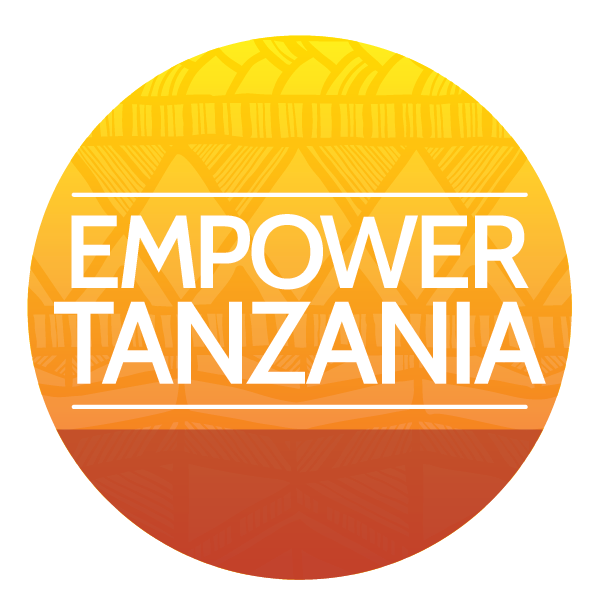Hedaru Water Project
One of our partners, St. Andrew’s Lutheran Church of Ames, Iowa, recently completed a 4-year water rehabilitation project in Hedaru, Tanzania. Based on a watershed survey done by the local water engineer, and coordinated by the Hedaru Village Water Committee, headed by Village Chairman Clement Ngoka, this water project was designed to rehabilitate a nearly 40-year-old water system that was in poor repair and did not adequately serve a population that had outgrown it.Incorporating the concept of rainwater harvesting, phase 1 was an additional catchment system built in the mountains, higher than the previous catchment, to take advantage of daily moisture in the high elevation.Phase 2 was the construction of a 22,000 gallon storage tank towards the base of the mountain, and near the village, storing excess rainfall during the rainy season for use during the rest of the year, and giving access to a population that was quite far from a stream.Phase 3 was the installation of 7 kilometers of pipe between the intake and tank, and then on down to the village tanks.The final step, completed in July of 2010, was to repair and expand the pipe throughout the village.
This project has been partially funded by the people of St. Andrew’s, and the people of the community of Ames, Iowa through a number of fund raisers, and through a Rotary Humanitarian Grant between the Ames Rotary Club and the Same Rotary Club in Tanzania.Money can still be given and designated for this project, as the chlorination system has not yet been funded. The project was also funded by the people of Hedaru, who have raised over $2,000 in cash and donated materials. This is quite a remarkable feat in an area of Tanzania where the average yearly income is less than $200!Following the completion of the rehabilitation project, ETI continues to work in this area, but is expanding out to some neighboring villages where there is virtually no local water supply, and women and children must walk several miles a day through a dangerous bush area to collect water.
